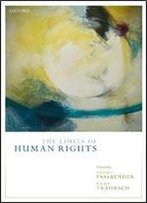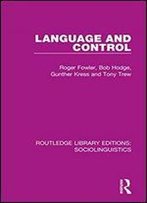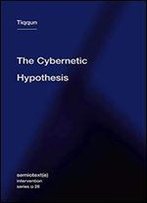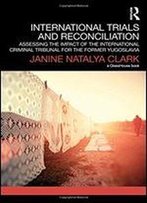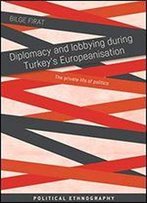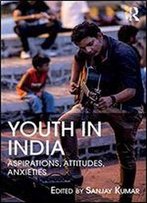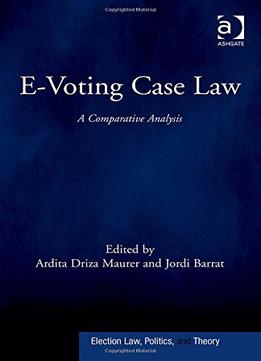
E-Voting Case Law: A Comparative Analysis
by Ardita Driza Maurer /
2015 / English / PDF
1.5 MB Download
Review 'If e-voting is the future, we need a path to it. There is no single route, however, with cost, reliability and the voting experience to be juggled. This collection draws together expert insights from across the globe, as a rich resource for those navigating the way.' Graeme Orr, University of Queensland, Australia, and author of Ritual and Rhythm in Electoral Systems 'This is a significant contribution to the debates about electronic voting that are taking place in democracies across the world. Decision-makers seeking to balance key electoral principles - accessibility, security, trust, transparency, cost - must also understand the fundamental legal issues; and this book provides a fine overview.' Peter Wardle, The Electoral Commission, UK 'In this very important book, the editors have put together a timely and highly needed discussion of legal decisions on the use of Information and Communication Technologies (ICT) in electoral matters. They have collected experiences from around the world, and deliver a systematic overview to the question of what requirements the judiciary puts forward to democratic innovations using ICT. This book has to be considered the upcoming standard reference for scholars and practitioners alike working or interested in the topic.' Robert Krimmer, Tallinn University of Technology, Estonia 'In this book, renowned experts report important experiences of using electronic voting across different countries. The complexity of the matter is evidenced by the various reports of irregular occurrences that threaten basic constitutional principles involving electoral matters, such as transparency and security. The book contributes greatly to the subject of debate by revealing aspects usually omitted by governments and unknown by the media.' Luiz Fernando Martins Castro, Law and Informatics Commission of the Brazilian Bar Association (OAB/SP) 'This significant and useful book provides a neutral and comprehensive analysis of e-voting case law worldwide. I highly recommend it as necessary reading for those willing to implement this type of technology.' Hector T. Hernandez, CPCIPC researcher, Cordoba, Argentina
